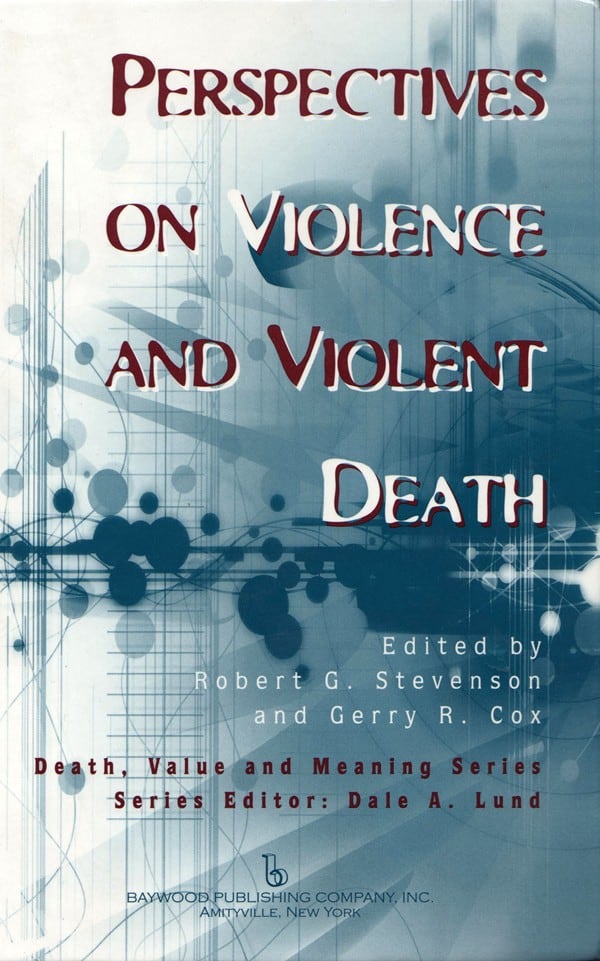On 8 February 2010, four workers at Café Vamp, a small restaurant in Melbourne Victoria, were fined a total of $A335,000 for repeatedly bullying, or allowing bullying to occur to, 19-year-old Brodie Panlock. Brodie jumped from a building in September 2006. Her family watched Brodie die from head injuries three days later. They were unaware that Brodie was being bullied at work.
Category: psychiatric
Don’t get sidetracked by depression marketing
Over the last couple of months, SafetyAtWorkBlog has written several articles on the psychosocial workplace hazard of depression, stress and anxiety.
Science Friday is a regular feature of the NPR program, Talk of the Nation in the United States. Last Friday, it focussed on depression. Its speakers talked about how the diagnosis of depression has changed over the decades, sometimes to match the range of depression medications available.
Importantly there is a differentiation between depression and mental health. (Psychosocial disorders doesn’t seem to be a term used outside of OHS) Depression is slowly becoming the collective term for sad, melancholy, unhappy, miserable, anxious………. It is very important for workplace safety professionals to try to pierce the fug of depression marketing so that one is not distracted into the trap of treating workers for a personal problem rather than preventing the hazard through changing organisational attitudes. Continue reading “Don’t get sidetracked by depression marketing”
Work harder? You must be mad
On 24 January 2010, the Australian Prime Minister, Kevin Rudd, encouraged all Australians to increase their “productivity growth“. But what if increased productivity could result in developing a mental disorder?
The February 2010 edition of the Harvard Mental Health Letter includes a report that lists the following key points:
- “Symptoms of mental health disorders may be different at work than in other situations.
- Although these disorders may cause absenteeism, the biggest impact is in lost productivity.
- Studies suggest that treatment improves work performance, but is not a quick fix.”
Will the Australian Government review its policy on mental health? Will the Prime Minister accept that productivity and mental health are both long term problems that need strategies that extend beyond his next term in office? Continue reading “Work harder? You must be mad”
Internet addiction in the workplace
If the prevention of depression is better than trying to treat it, how should a safety manager proceed when permissible work practices may be contributing to mental health problems in some workers?
A new UK study announced today says “that excessive internet use is associated with depression”. The researchers say that
“…some users have developed a compulsive internet habit, whereby they replace real-life social interaction with online chat rooms and social networking sites. The results suggest that this type of addictive surfing can have a serious impact on mental health.” Continue reading “Internet addiction in the workplace”
Dipping into workplace violence
Jeff Sparrow recently gained considerable media attention with his book that reflected on violence in society. Yossi Berger once described occupational health and safety as a “kind of violence” in his book of that title. There is a lot of research into occupational violence, much of it from the United States which, to some extent, has an unrepresentative view of this hazard.
 An interesting, and brief, discussion on the matter is a chapter in the book “Perspectives on Violent and Violent Death” published by Baywood Publishing. The existential perspective of one particular chapter may make it impractical for safety management purposes but as a background article for provoking thought, it is very good.
An interesting, and brief, discussion on the matter is a chapter in the book “Perspectives on Violent and Violent Death” published by Baywood Publishing. The existential perspective of one particular chapter may make it impractical for safety management purposes but as a background article for provoking thought, it is very good.
Without this chapter I would not have found the work of C E Newhill* into client violence in social work or that of C L Charles. Charles identified some factors that have contributed to the “anger epidemic” which may provide some clues on understanding occupational violence. These are listed below:
- Compressed time
- Communication overload
- Disconnectedness Continue reading “Dipping into workplace violence”
Stress management may be only a chocolate cake away
Safety professionals often struggle to manage stress in their employees and themselves but new research has found links between the consumption of chocolate and a reduction in stress.
 The study in the Journal of Proteome Research entitled “Metabolic Effects of Dark Chocolate Consumption on Energy, Gut Microbiota, and Stress-Related Metabolism in Free-Living Subjects” Continue reading “Stress management may be only a chocolate cake away”
The study in the Journal of Proteome Research entitled “Metabolic Effects of Dark Chocolate Consumption on Energy, Gut Microbiota, and Stress-Related Metabolism in Free-Living Subjects” Continue reading “Stress management may be only a chocolate cake away”
Prevention of depression is better than treatment
Depression as an occupational illness is one of the most difficult hazards faced by managers and safety professionals. Depression is hard to understand and it is often difficult to recognise an employee who suffers from the condition, let alone, figuring out how the workplace may contribute to the illness.
[Mental health issues are going to receive increased attention in Australia following the naming of the Australian of the Year, Professor Patrick McGorry.]
A recent article in Journal of Occupational & Environmental Medicine reports on a study that looked at “the relationship between antidepressant treatment and productivity costs”. Continue reading “Prevention of depression is better than treatment”
